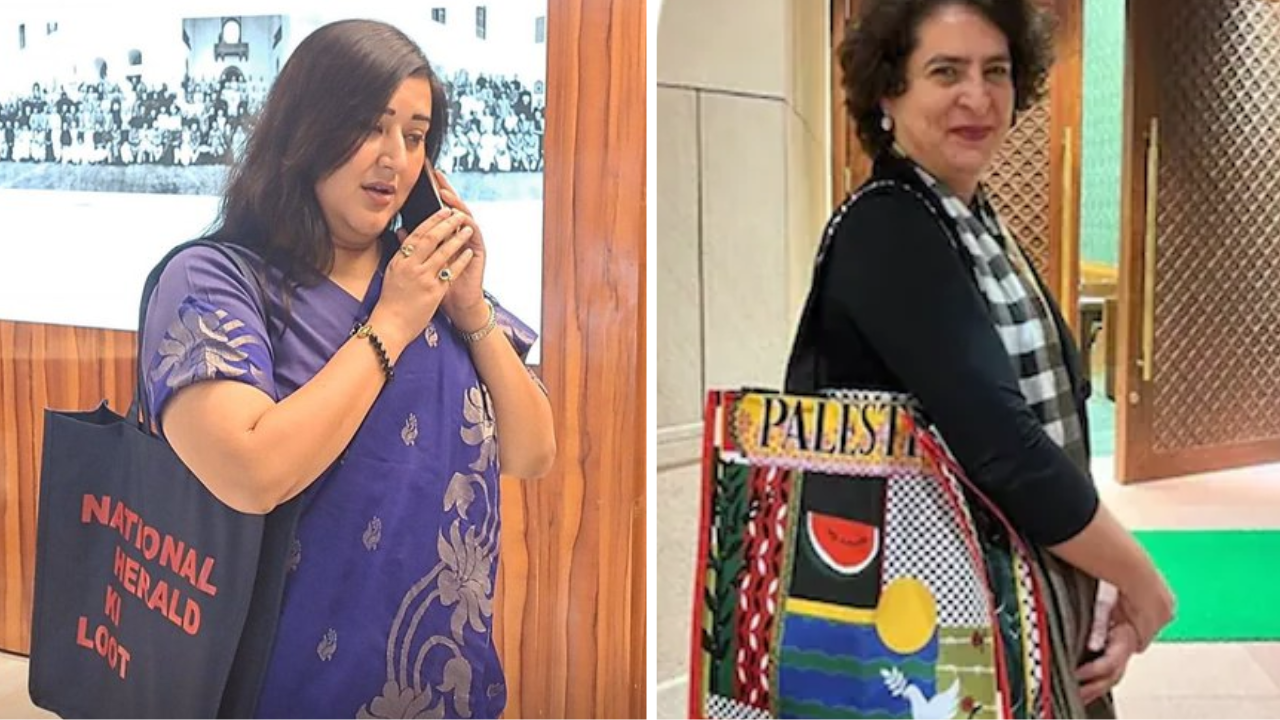Delhi High Court Slams Ramdev Over ‘Sharbat Jihad’ Remarks in Rooh Afza Row

The Delhi High Court on Tuesday lashed out at Baba Ramdev for his ‘sharbat jihad’ remark, calling it “indefensible” and shocking to the “conscience of the court”.
During a hearing on Hamdard Laboratories’ plea, the Delhi High Court expressed serious concern over Baba Ramdev’s remarks made during the launch of Patanjali’s rose sharbat. Without naming Rooh Afza or Hamdard directly, Ramdev allegedly implied that buying rival drinks helped build madrasas and mosques.
“This kind of statement is indefensible… It shocks the conscience of the court,” observed Justice Sanjeev Narula. The court was hearing Hamdard’s case, which claims that the remarks go beyond product disparagement and amount to hate speech.
Senior advocate Mukul Rohatgi, representing Hamdard, told the court that Baba Ramdev’s remarks were communal and aimed at inciting religious hatred. “This is a case which goes beyond disparagement. It is akin to hate speech and cannot be protected under defamation law,” he said.
Ramdev had referred to rival drinks as “toilet cleaners” and warned consumers on social media to “protect your family and innocent children from the poison of toilet cleaners being sold as soft drinks and sharbat jihad.”
This controversy adds to the legal troubles already plaguing Baba Ramdev and Patanjali Ayurved. The company is facing multiple lawsuits for allegedly misleading advertisements. The Supreme Court recently issued contempt notices and imposed a temporary ban on Patanjali ads after a plea by the Indian Medical Association (IMA).
Earlier this year, a Kerala court issued bailable warrants against Baba Ramdev and Acharya Balkrishna for failing to appear in a case related to misleading promotions by Divya Pharmacy, a Patanjali brand.
The Delhi High Court will hear the matter again on April 12. Legal experts believe the case could set an important precedent for brand advertising and communal harmony.





